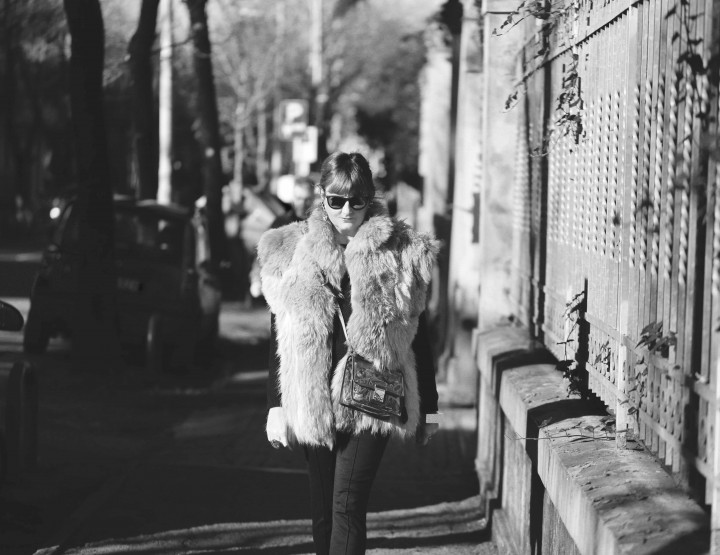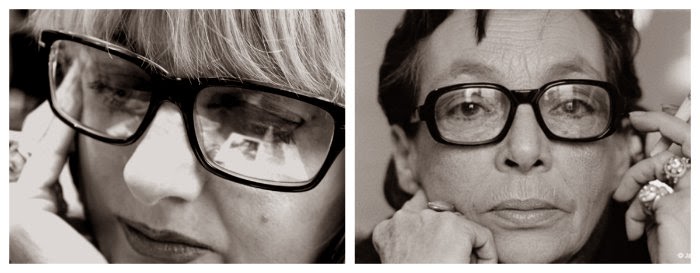When you’re talking about love and feelings, language becomes universal. You can live in China, Europe, Middle East but the scheme of some behaviors repeats itself inevitably. So infidelity is the same everywhere. Luckily also the great poetry of love overcomes States boundaries. You might want to ask why I am telling you so. The reason why is because I saw “Rock the Casbah”, a wonderful film presented in national preview at the MiddleEastNow, which was organized in Florence by Roberto Ruta and Lisa Chiari.
The director of the film is Laila Marrakchi, born and raised in Casablanca, now living in Paris. Her name wasn’t new for me, since she already made people talk about her with her first film, “Marock”, which was presented at Cannes. “Rock the Casbah” is a story that takes place at Tangier and revolves around a family gathered to officiate the father’s funeral. Three days of mourning, but also three days for the people to show themselves in good or bad and get in touch with one another. Here’s what she told me in our chat.
“To find love you have to be free, not in your head and in your heart but also in facts. You can taste love only if you’re ready to open up to it”. Still, you might be hurt.
“You can start again. That’s what the female characters do in my film. I did it myself too, since I’m divorced”.
What are the consequences of the father’s death?
“He treated the women as a child: his three daughters, his wife and also his lover. When he dies the balance brakes up and so the others can finally find their depth and their true identities. The same happened during the Arabic Spring”.
What do you mean with that?
“Dictators are seen and treated in real world like the father in my film: mighty and scary, who makes other childish and then treats them like infants. When you get rid of them, everyone gets his role and maturity back. Like my female protagonists”.
And what kind of relationship do you have with men?
“It keeps getting better”.
Quando si parla d’amore e di rapporti il linguaggio diventa universale. Puoi vivere in Cina, in Europa, in Medio Oriente ma lo schema di alcuni comportamenti si ripete inevitabilmente. Come un destino. Talvolta con tragici scollamenti, altre volte con ricuciture degne di una sartina. E così il tradimento è uguale dappertutto, il disincanto pure. Ma resta la grande poesia dell’amore che non ha confini. E che ritorna, nonostante tutto, a ricoprire le nostre ovvietà. Perché vi racconto questo? Perché ho visto “Rock the Casbah”, un film bellissimo presentato, in anteprima nazionale, al MiddleEastNow di Firenze organizzato da Roberto Ruta e Lisa Chiari.






bellissimo articolo :)
www.robyzlfashionblog.com
voglio vederlo il suo film!
Nameless Fashion Blog
Assolutamente da vedere! Ne hai parlato così bene che mi hai incuriosita
Travel and Fashion Tips
sembra interessante!!
WWW.MODEMOISELLE.IT
perfect post
FASHIONSEDUCER.COM
Che bello questo articolo!
Alessia
THECHILICOOL
Kiss
Molto bello questo articolo... questa donna è molto affascinante soprattutto per il senso che è riuscita a dare alla sua vita! Il film spero di riuscere a vederlo...
Carmen
www.iltoccoglam.it
Bellissima intervista!!
Un abbraccio,
Greta
http://sodifferentblog.wordpress.com/
che bella intervista... e la frase " per incontrare l’amore bisogna essere liberi, di testa e di cuore, certo, ma anche nei fatti" stupenda oltre che vera!